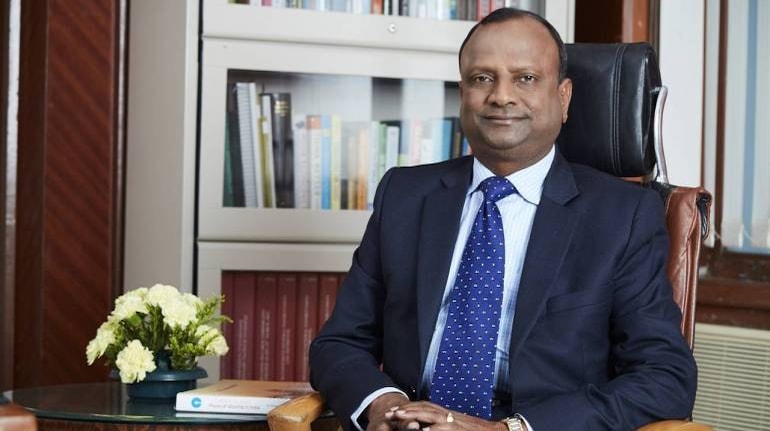



While announcing the first quarter result, State Bank of India (SBI) Chairman Rajnish Kumar made an interesting comment. “It is safe to presume that as on June 30, SBI is declared as asymptomatic and has built good immunity," Kumar said referring to bank’s preparedness to absorb the losses arising from the impact of the pandemic. Kumar probably meant the bank has made sufficient precautions to cover COVID-related losses and is fully prepared to face the asset quality shocks ahead.
However, the downgrade on SBI’s standalone profile to ba2 to from ba1 on Tuesday by Moody’s rating agency is a stern reminder to Kumar that his confidence may be a bit misplaced. After all, SBI may not be “asymptomatic” and there could be negative surprises to the banking major in the post moratorium period.
“The downgrade of SBI's BCA to ba2 from ba1 reflects Moody's view that the bank's asset quality and profitability will deteriorate. The resultant weakening in internal capital generation will reverse improvements in the bank's financial metrics achieved over the past two years” Moody’s said.
SBI may not have any immediate implications on account of the downgrade in its standalone profile. The bank’s overall rating has been affirmed by Moody’s in line with the sovereign rating. However, the downgrade is a strong message to the lender that all is not well for the bank.
SBI’s numbers
As on June 30, SBI has made a total provision of Rs 3,000 crore to cover COVID losses. Asset quality has improved. Gross non-performing asset (NPA) ratio at 5.44 percent is lower than 6.15 percent in the preceding quarter. But the continuation of moratorium till August end makes current NPA numbers somewhat irrelevant.
One will have to wait and watch to see how the moratorium loan book is performing post-August 31. According to the SBI chairman, 9.5 percent of the book is now under moratorium and over 90 percent of customers have paid two or more instalments since March. From September onwards, Kumar hopes corporate accounts will start repaying normally. The bank has set aside as COVID provisions on Rs 1,041 crore of home and home-related loans and less than Rs 400 crore each in personal and SME loans.
The problem is the uncertain environment ahead. No one in the banking system, including the regulator, knows exactly how deep the bad loan problem is. That’s precisely what Moody’s has pointed out.
Moody’s warning
Moody’s did not buy SBI’s optimism on improved NPA situation. “SBI's asset quality improved in the quarter ended June 2020. However, the ratio is potentially understated because it does not include loans on which the bank has granted payment deferrals,” Moody’said.
The RBI has announced a one-time restructuring for banks to address the stressed loans linked to COVID in the post moratorium period. “In line with the trend for other Indian peers, Moody's expects SBI to restructure loans. However, uncertainty around the length and depth of India's economic slowdown makes it difficult to estimate what portion of restructured loans will eventually turn into non-performing loans,” Moody’s has said.
Moody's finds SBI's capitalisation -- as measured by tangible common equity (TCE) relative to adjusted risk-weighted assets of 8.5 percent as of March 2020 -- low when compared to similarly rated global peers.
“While SBI's stakes in listed subsidiaries present potential sources of capital, Moody's expects that the bank's sustainable capitalization will be lower than global peers, in line with the expectation of the bank's management,” the agency said.
The fact is both moratorium and one-time restructuring will only provide a temporary breather to SBI in the COVID crisis. The RBI has insisted a 10 per cent provisioning on loans that are restructured under the one-time provision, which means banks will have corresponding capital implications while opting for this scheme. SBI will have to raise a significant amount of capital to prepare for the COVID battle.
Discover the latest Business News, Sensex, and Nifty updates. Obtain Personal Finance insights, tax queries, and expert opinions on Moneycontrol or download the Moneycontrol App to stay updated!
Find the best of Al News in one place, specially curated for you every weekend.
Stay on top of the latest tech trends and biggest startup news.